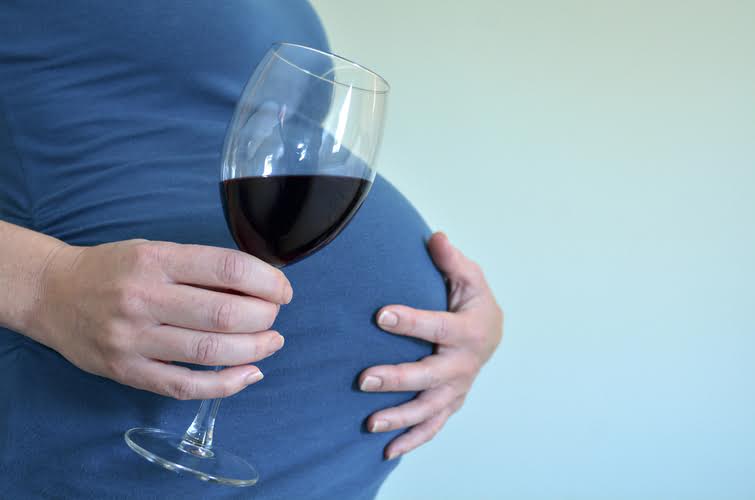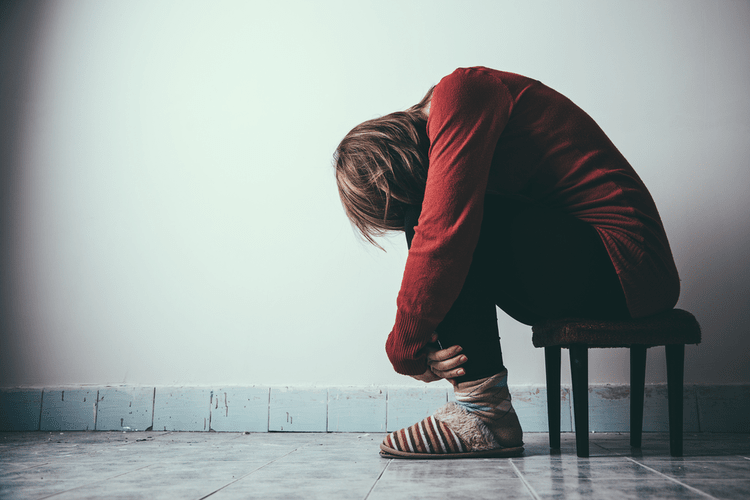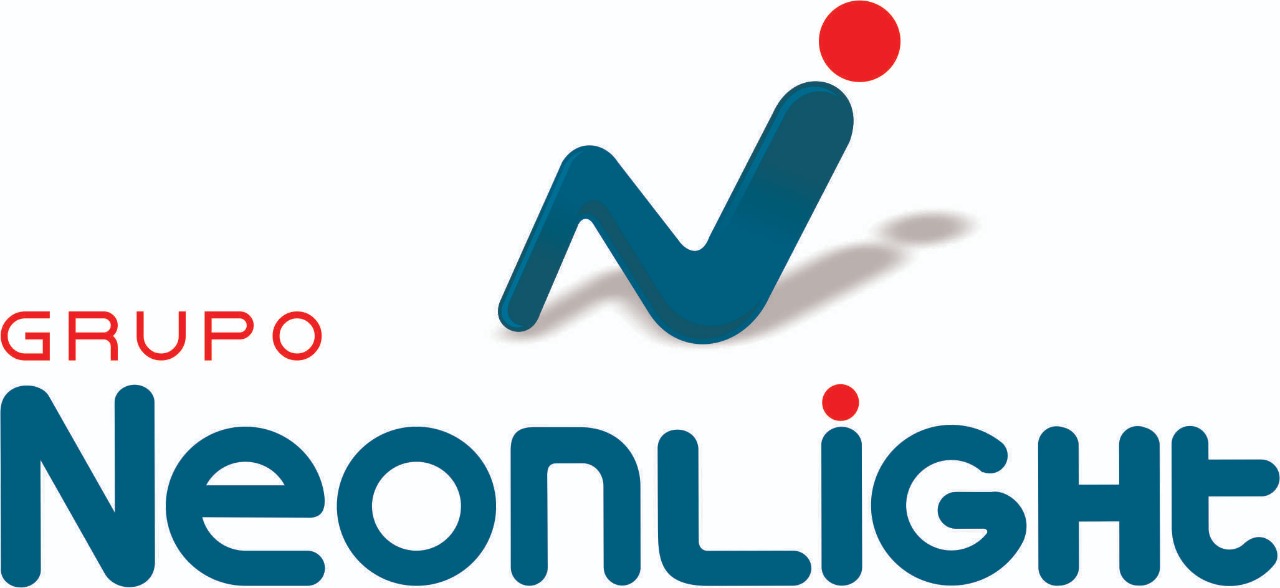Content
Below is a well-rounded timeline that outlines what you may experience as you stop using and start your path towards sobriety. Delirium tremens or “alcohol withdrawal delirium,” is one of the more extreme signs and symptoms that can occur after alcohol cessation. DTs are marked by a change in the level of consciousness and delirium and can be fatal in 1% to 5% of cases. Older patients with poor liver function, a history of heavy alcohol use, and more severe signs and symptoms of withdrawal at the outset are more likely to experience DTs. Stage 3 – During this final stage of alcohol withdrawal, most individuals will become agitated and will experience hallucinations, fevers, body aches, and seizure. Like stage 2, these symptoms will start to reveal themselves within 24 to 72 hours after they have consumed their last drink of alcohol.
“I’ve had severe symptoms of fatigue. Unlike most of you, I have had no problems with sleeping; just the opposite, can’t seem to wake up. No energy at all, very unlike me.” “My headache went away last Wednesday and I have been sleeping well the last few nights. I feel fantastic.” “I am on day 15 and feel like I am actually going into the “honeymoon” phase of my recovery. I feel great and am finally starting to be able to think clearly.”
Alcohol Withdrawal Symptoms, Treatment, And Timeline
Heavier drinkers should anticipate and prepare for the potential for severe symptoms, like seizures and delirium tremens, to begin at about 24 to 48 hours. In most cases, they should be under the care of medical professionals during their detox. Chronic use of alcohol leads to changes in brain chemistry especially in the GABAergic system. Various adaptations occur such as changes in gene expression and down regulation of GABAA receptors.

Generally, the more severe the alcohol use disorder, the more intense alcohol withdrawal, and its three stages are. Most notably, the delirium tremens can produce hallucinations and severe confusion .
Symptoms Of Low Blood Pressure After Exercise
“Haven’t listened to the little voice. Thinking about all the money I’m saving. The only issue besides the little voice is insomnia, but getting some sleep. One very positive thing is that my blood pressure and heart rate have come down to just about normal.” As you also can see from these reports, those who seek medical attention get some relief. Doctors can prescribe medications to reduce the likelihood of experiencing shakes and anxiety during alcohol withdrawal and they can also give you something to help you sleep.

A common way to determine an individual’s drinking impairment is by measuring their body alcohol content . This rough calculation is based off of how much alcohol an individual has consumed per hour, their body weight, gender, genetics, and other factors. According to the Centers for Disease Control and Prevention , a “standard” drink by these measurements has around 0.6 ounces of alcohol. How long it takes for alcohol to leave your system after you stop drinking depends on many variables, which we will examine here. For an alcoholic who is going through detox, this could be an important question, especially if you are trying to understand when withdrawal symptoms may begin. Between 7-10 days, you will slowly start to feel the benefits of alcohol abstinence increase. Most people who struggle with alcoholism are unable to remain sober long-term.
Alcohol Withdrawal Symptoms: Dont Underestimate Going Sober
In the first 1-2 days, relapse is a very real threat if you are detoxing on your own. Anxiety will likely persist, and moodiness and irritability are common. Chills that feed into anxiety are common, and sleep may be impossible regardless of how fatigued you feel. Headaches and random sharp pains around the head and neck may occur in severe cases. Detoxing under the supervision of medical professionals ensures a person’s safety, reduces the likelihood of relapse, and increases their comfort. What’s more, medications can be administered to mitigate withdrawal symptoms, and staff will ensure the patient receives adequate nutrition and is well-hydrated.

“The third day sober feels like I’m in a big black hole and under great pressure – hard to breathe, future feels bleak, lost an old trusted friend in alcohol, can’t find an alternative. I hope this gets better and the headaches disappear.” “The physical symptoms aren’t so bad but my mind seems to be trying to figure out how I can have just one drink. I have plans to get some yard work done so that will keep me busy.” “I can’t eat or sleep, literally drenched the sheets last night. Now I am shaking so bad alcohol detox at home safely I can barely type. I have never made it past 2 days because of this, so I hope it gets better soon.” “On my second day sober, I actually feel much worse than I did with a hangover. Pounding headache, shakes, feeling feverish, and crazy mood swings .” “I’m shaky, jumpy, and anxious today. I’m really afraid of how I’ll feel tomorrow as I can’t miss work, but I know I have to do this. I can’t imagine that I won’t have a bad withdrawal given the high volume of alcohol I’ve been consuming on a daily basis.”
Day 30 And Beyond
Phillip Ross Board’s withdrawal symptoms worsened rapidly; his case is a point that alcohol withdrawal should never be ignored. Benzodiazepines are the most commonly used medication for the treatment of alcohol withdrawal and are generally safe and effective in suppressing symptoms of alcohol withdrawal. This class of medication is generally effective in symptoms control, but need to be used carefully. Although benzodiazepines have a long history of successfully treating and preventing withdrawal, there is no consensus on the ideal one to use. The most commonly used agents are long-acting benzodiazepines, such as chlordiazepoxide and diazepam.
Cagney & Lacey’s Sharon Gless: ‘My love affair with Martinis nearly killed me’ – New York Post
Cagney & Lacey’s Sharon Gless: ‘My love affair with Martinis nearly killed me’.
Posted: Mon, 06 Dec 2021 21:33:00 GMT [source]
In addition to outpatient detox, we offer programs inpartial hospitalizationandintensive outpatientformats. According to research, alcohol’s most significant impact is on the areas of the brain critical to learning and impulse control. While some of these changes may be permanent, especially for those who abuse alcohol for an extended period of time, there is some hope. If you’re trying to have kids, your chances will be better once you stop drinking because alcohol reduces fertility. In one study, healthy women who drank 10 or more drinks a week decreased their odds of conceiving to 34%.
What Is Meloxicam? Use, Side Effects, And Treatment
These things might help you feel better but will not affect any alcohol test results. Keep in mind that eating Sober living houses before drinking affects how quickly you’ll get drunk and whether you will feel sick after drinking.
48 to 72 hours – Those who will experience delirium tremens will begin to have delusions, ongoing hallucinations, disorientation and confusion, a fever, and other symptoms. 6 to 12 hours after last drink – Minor symptoms usually begin around seven to eight hours after the last drink and may include headaches, insomnia, anxiety, and loss of appetite. Our retreat-like environment provides a tranquil setting in which our patients can heal. We offer 24-hour psychiatric services provided by licensed professionals in various disciplines. The hospital has varying programs that can be tailored to patient needs, including older adult programs, dual diagnosis treatment and general psychiatric care. As you can see, one month without alcohol can do a world of good for you.
Substances Impairing Recovery
“I needed professional help as I had severe withdrawal symptoms of a DT nature with hallucinations, a possible seizure, and fear I would fall over dead any second. I went to ER and detoxed 5 days in the hospital.” If physical symptoms continue after 11 days of abstinence, seek medical attention—those lingering symptoms are probably due to some other cause than alcohol withdrawal. By day eight of abstinence from alcohol, many people are usually beginning to see the health advantages of having quit drinking. For most, the main symptom they have to deal with after eight days is craving for alcohol. Hallucinations plague roughly 10 percent of alcoholics undergoing detoxification, according to the National Institute of Alcohol Abuse and Alcoholism 23. Symptoms generally present early upon cessation, but they can extend well beyond 72 hours in some cases. They are generally visual, but tactile hallucinations, such as the feeling of things crawling over the skin, are also common in affected individuals.
- She has 10 years of experience in the field of addiction treatment and mental health and has written content for some of the country’s most prominent treatment centers and behavioral hospitals.
- “It is now day 12! I am so much better. Today I went to the grocery store and I cannot believe how clear everything is getting, it’s amazing how foggy life was.”
- “My worst symptoms so far seem to be lightheadedness, minor irritability, and insomnia.”
- After six hours of not drinking, you may experience anxiety, nausea, insomnia, vertigo, headaches, vomiting, shaky hands, irritability, anger, sweating, and more.
- After months or years of alcohol abuse, your brain has literally changed its chemical structure to work with a consistent supply of alcohol.
All of the information on this page has been reviewed and verified by a certified addiction professional. Jeffrey Juergens earned his Bachelor’s and Juris Doctor from the University of Florida. Jeffrey’s desire to help others led him to focus on economic and social development and policy making. After graduation, he decided to pursue his passion of writing and editing. Jeffrey’s mission is to educate and inform the public on addiction issues and help those in need of treatment find the best option for them. Withdrawal symptoms may persist for 2 weeks, but begin to taper off toward the 2-week mark. The Blackberry Center a state-licensed and Medicare-approved facility.
Treatment For Alcohol Withdrawal:
If you are a moderate drinker, you may be able to quit on your own without too much trouble. If you’re a regular or heavy drinker, however, you may find it much more difficult. Both internal and external triggers may lead you to want to start drinking again. No matter your current level of drinking, there are many resources available if you want to stop, including a state by state resource guide.
instead…you could do the another radical thing like just be totally sober for 72 hours instead. no weed no alcohol no social media. journal and dance as goofy as possible for 1 minute at least once every 24 hours. you got this life shit gal and I support you on this fuckin trip
— micaela (@cityandshade) December 10, 2021
On average, the first six months of sobriety are the most difficult and have the highest rate of relapse. Getting support early on will help decrease that likelihood for you. The Recovery Village aims to improve the quality of life for people struggling with substance use or mental health disorder with fact-based content about the nature of behavioral health conditions, treatment options, and their related outcomes.
Depending on your threshold for discomfort, you may be able to push through some of these symptoms rather than be crippled by them. It is not uncommon for someone who is struggling with alcohol use disorder to reach for a drink when stage 1 begins, as drinking again quickly eliminates these symptoms. Unfortunately, ignoring the need to continue on through the entire process of alcohol withdrawal only perpetuates your alcohol use disorder, which is deadly when untreated. Even though it may not feel like it, the acute withdrawal stage of the recovery timeline can be the beginning of something great.

